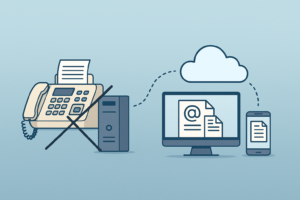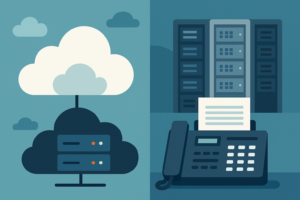As recently as 2011, only four percent of healthcare providers were utilizing the cloud. Now, that number is growing 20 percent annually, according to information from market research firm MarketandMarkets. By 2017, healthcare groups are expected to spend $5.4 billion on cloud services.
Between 2009 and 2013, 24 million patient records were breached, many caused by lost or stolen hardware. This user error is a large part of the cause for the mass shift to storing data in the cloud. Stronger HIPAA regulations governing how patient information is stored and protected have been recently created due to such losses.
One of the new HIPAA regulations calls for providers to sign Business Associate Agreements with their clients. The Department of Health and Human Services created a list of 10 necessary components to be included in a BAA. The third component on the list calls for the business associate (the provider) to protect personal health information, including electronic records.
Art Gross, president and CEO of HIPAA Secure Now, says that many people think the only patient information that is at risk is electronic medical records, but when risk assessments are done, patient information is found on laptops or smartphones that are vulnerable to theft or the possibility of being lost.
The cloud offers a secure place for sensitive information to be stored that is looked after by IT professionals and network engineers who are knowledgeable about that kind of maintenance.
"There's a recognition that cloud is probably going to be much more secure than you're ever going to be in your own shop, especially if it's not your core competency," Bill Fera, a principal at Ernst and Young told InformationWeek.
Staying HIPAA compliant with FoIP
One of the best ways healthcare organizations can utilize this kind of storage is with a fax over IP service that stores sent information in the cloud. Once a fax is sent with cloud-based fax solutions, it is transmitted and stored to a secure data center. FaxCore's etherFax service uses a security approach created by the National Security Agency that incorporates multi-level encryption to protect sensitive patient information.
Traditional fax machines can be retrofitted to become FoIP-capable, so there's no need to buy new, costly equipment. Most importantly, FaxCore's services are all HIPAA compliant, meeting all published guidelines.
Enhance enterprise communication, collaboration and compliance efforts with a proven FoIP solution from FaxCore. Contact FaxCore today to learn more about their 'Partly-Cloudy' fax solutions.




